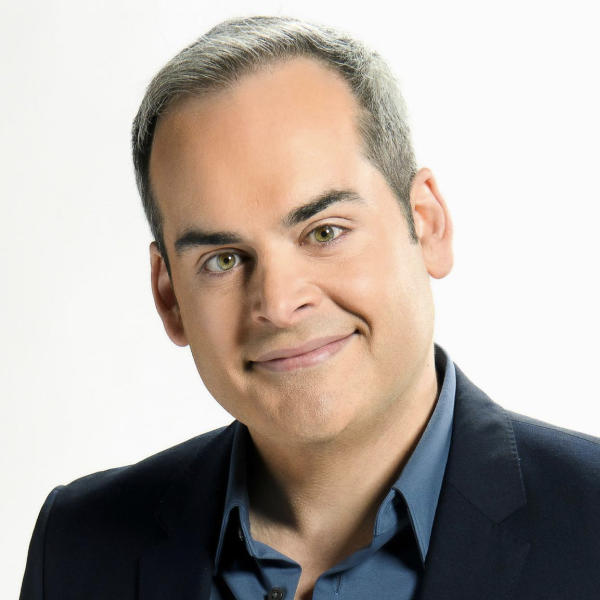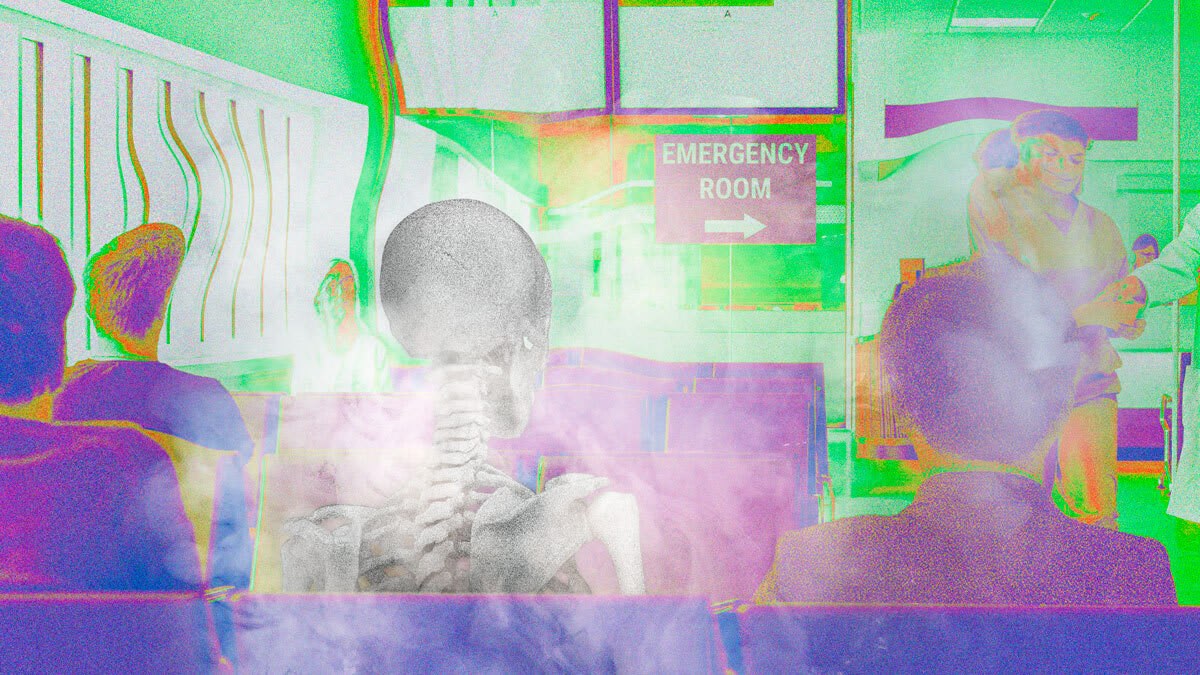Dramatic life change for Tourette syndrome teen after deep brain stimulator implanted
My team and I followed Callum deQuevedo from Pennsylvania as he underwent a radical treatment for the condition in January. Nearly a year later, he has experienced a dramatic life change.
This is a story about overcoming obstacles. It is also personal. I was diagnosed with Tourette syndrome at the age of six. This year I was the emcee at the Supporting Abilities Gala, hosted by the Tourette Association of America. Callum was invited to speak at the gala after he told his story first on "CBS Mornings."
Callum deQuevedo's life took a dramatic turn for the better after undergoing a groundbreaking brain surgery to alleviate the severe symptoms of Tourette syndrome. Just 11 months ago, the 18-year-old faced daily struggles with involuntary tics and outbursts that forced him into isolation.
Callum, who is from Pennsylvania, has an incredibly severe case of Tourette's, a neurological disorder that can cause tics ranging from repetitive eye blinking to uncontrollable vocal — and physical — outbursts.
His tics — the involuntary movements and sounds Tourette's causes him to make — included cursing and hitting himself in the head. He also experienced head jerking, face crunching and grunting. And sometimes in the middle of the night, he would be up, screaming.
But hope came in January when Callum's surgeon, Dr. Ted Panov at Mount Sinai West in New York, inserted wires into his brain and a neurostimulator under his collarbone with the hopes that small currents of electricity would control his worst symptoms.
The results have been nothing short of miraculous, according to Callum, who hardly ever experiences those outbursts that made him hit himself in the head.
"I've been a lot better. I had a really good point of time where I was just, my tics were at a minimum," he said. "It was probably the best summer I've had in four to five years."
As a celebration of his progress, Callum was invited to speak at the podium of the Tourette Association of America's recent gala, something that was once considered unthinkable.
Callum says his social life has also improved since the surgery.
"So it has just improved my social life to a point where I cannot describe," he said. "And it has made my life so much better. And it has really improved my quality of life, allows me to hang out with friends but also further my education and helped advocate more consistently and not having to take as many breaks throughout the day. It's really a wonderful thing," he said.
Before the surgery, Callum used to scream in the middle of the night, and would sometimes hit himself in the face.
But his mother, Dawn deQuevedo, said that his conditions are "night and day" compared to where they were a year ago, saying Callum is more "functional" now than he was before the surgery.
"He was laying in his room a lot, you know, like he would try to do everything to kind of remove himself from even our family and society, like spend a lot of time kind of hiding away, trying to control the tics," she said.
Now, his mother says she sees less of Callum, but for good reasons.
"We don't see a lot of him now, but we don't see him a lot because he's going out with friends."
The surgical procedure has helped people with Parkinson's disease but has yet to be approved by the FDA to treat Tourette syndrome.
Callum's doctor, Dr. Shahed Jimenez-Shahed, said he was thrilled with Callum's progress, noting his results are among the best he has seen with deep brain stimulation.
"It's not 100 percent, but I think the substantial benefits that he has had from the surgery were things we would not have been able to see with just regular medications," Jimenez-Shahed said.
Before the surgery, the deQuevedo family felt they were approaching a cliff with no way back, but Callum's surgery has changed that.
"I think it's easy for us to see Callum having a future," said his mother.
Callum said he is also optimistic after surgery.
"I'm really excited for my future because I'm able to express myself in full sentences," Callum said. "I'm able to stay engaged in society and be part of groups and do group activities. And even just stuff by myself, I feel a lot more comfortable. I feel perfectly fine to be me."




